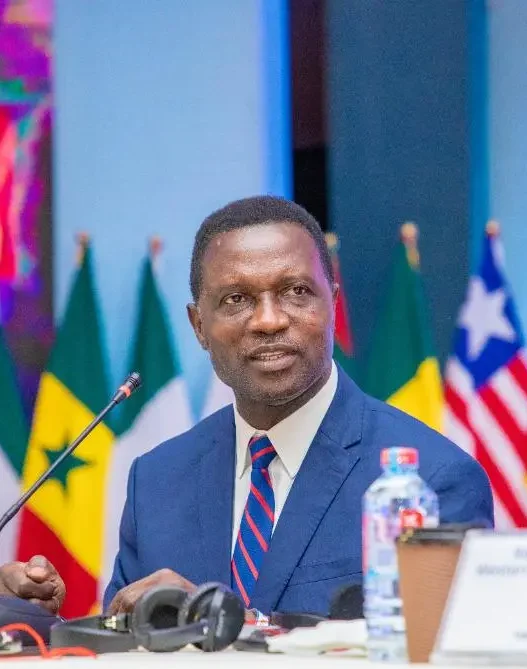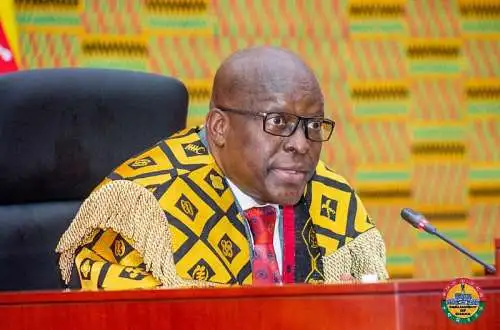President Nana Addo Dankwa Akufo-Addo recently approved a policy granting visa-free entry to Ghana for nationals of all African countries. While many have applauded this bold step as a commitment to African unity and integration, others view it as a strategic move to enhance the president’s legacy as he nears the end of his tenure. This decision has sparked extensive social conversations, with varying opinions about the motivations behind it.
The Policy: A Pan-African Milestone
Akufo-Addo’s decision aligns with the ideals of the African Union’s Agenda 2063, which seeks to promote a united and borderless continent. Ghana, a country historically linked to Pan-Africanism through figures like Kwame Nkrumah, seems to be carrying the torch of African unity.
Advocates of the policy highlight its potential to:
- Strengthen economic integration, encouraging trade and investment across borders.
- Promote cultural exchange, fostering a sense of shared identity among African nations.
- Position Ghana as a leader in the Pan-African movement, reinforcing its historical reputation as a pioneer of African solidarity.
For many, this policy signals a return to the values of African brotherhood and solidarity, reflecting Akufo-Addo’s dedication to realizing a truly united Africa.
Social Conversations: Pan-Africanism vs. Political Strategy
The visa-free entry policy has triggered mixed reactions on social media, public forums, and within political circles.
1. A True Pan-African Commitment
Supporters argue that this move is a genuine reflection of Akufo-Addo’s Pan-African ideals. Throughout his presidency, Akufo-Addo has consistently emphasized the need for African nations to work together and chart their own path to prosperity. By removing visa barriers, Ghana positions itself as a welcoming hub for Africans, embodying the vision of an integrated continent.
Many see this as a natural extension of his earlier policies, such as the Year of Return 2019 initiative, which invited African descendants in the diaspora to reconnect with their roots in Ghana.
2. A Strategic Image-Building Stunt
Critics, however, view the policy as a calculated attempt to bolster Akufo-Addo’s image as his presidency draws to a close. Detractors argue that the president’s domestic track record, particularly in areas like economic management and debt sustainability, has faced significant criticism. They suggest the visa-free policy is a diversionary tactic to shift the narrative and portray Akufo-Addo as a visionary leader.
Some also question the practicality of the policy, pointing out:
- Ghana’s current economic challenges, including inflation and unemployment, which could worsen with increased migration.
- Concerns about security and resource management, as the policy may strain existing infrastructure and services.
- The lack of a clear roadmap for ensuring the policy benefits Ghanaian citizens directly.
3. The Legacy Factor
Many commentators view this move as part of Akufo-Addo’s broader effort to cement a lasting legacy. As he prepares to leave office, the visa-free policy offers an opportunity to associate his name with a progressive, history-making initiative that aligns with Ghana’s Pan-African legacy.
While this may be true, some argue that even if motivated by legacy-building, the policy’s potential long-term benefits for African unity and collaboration outweigh its political undertones.
Balancing Idealism with Pragmatism
The visa-free policy is undoubtedly a bold step that resonates with Ghana’s historical commitment to Pan-Africanism. However, its success will depend on effective implementation, particularly in addressing concerns about its economic and security implications. For the policy to avoid being dismissed as a mere publicity stunt, the government must:
- Establish robust infrastructure and systems to manage increased migration.
- Create policies to ensure the initiative generates tangible benefits for Ghanaians, such as job creation and cultural exchange programs.
- Work closely with other African nations to ensure reciprocal arrangements that balance regional interests.
Conclusion
President Akufo-Addo’s visa-free entry policy for African nationals has sparked intense debate about its true motivations. While it may indeed be a step toward fostering African unity, its timing and the president’s current standing in domestic politics have led to skepticism about its intent. Regardless of whether it stems from genuine Pan-African commitment or a desire to leave a lasting legacy, the policy has the potential to reshape Ghana’s role as a leader in African integration—provided it is backed by sustainable and pragmatic measures.





















